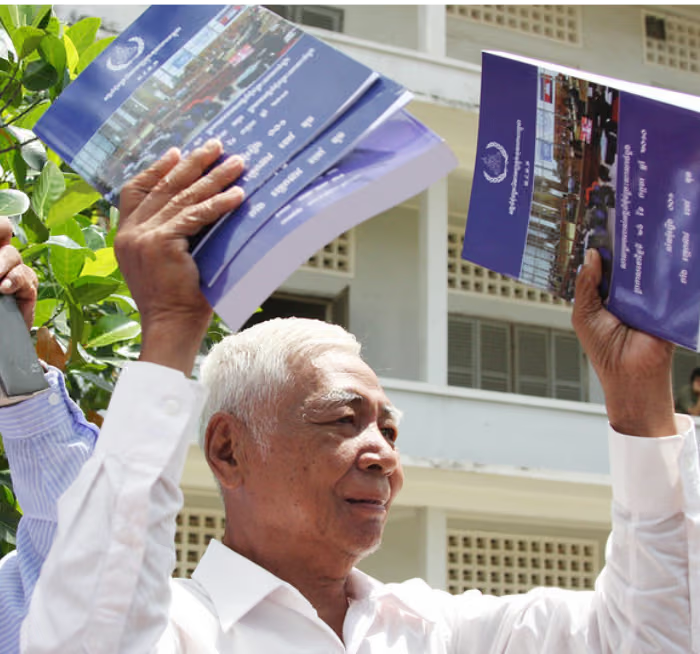Fifty years on, Cambodia has changed dramatically. The genocide, which took place from 1975 to 1979, claimed the lives of almost two million people - a quarter of the Cambodian population at the time - leaving the country in ruins and the population traumatized. There were no schools, no justice system, no currency, not even archives.
After the fall of the Pol Pot regime, part of the population fled the country, seeking refuge abroad, resulting in a sizeable Cambodian diaspora. Many Cambodians found asylum in various countries, including the USA, France and Canada.
